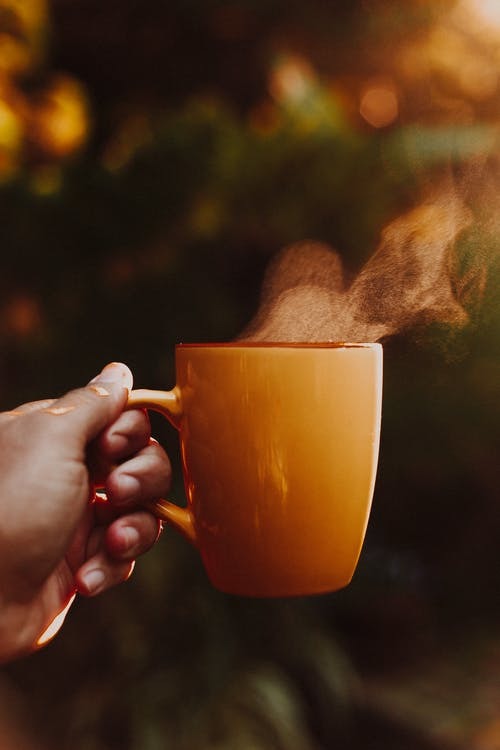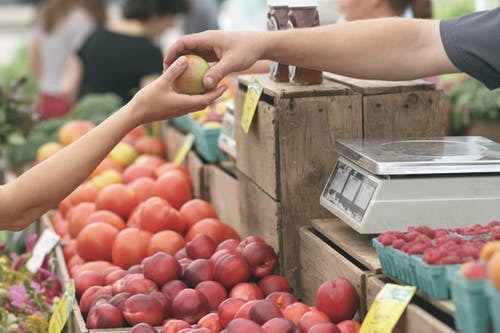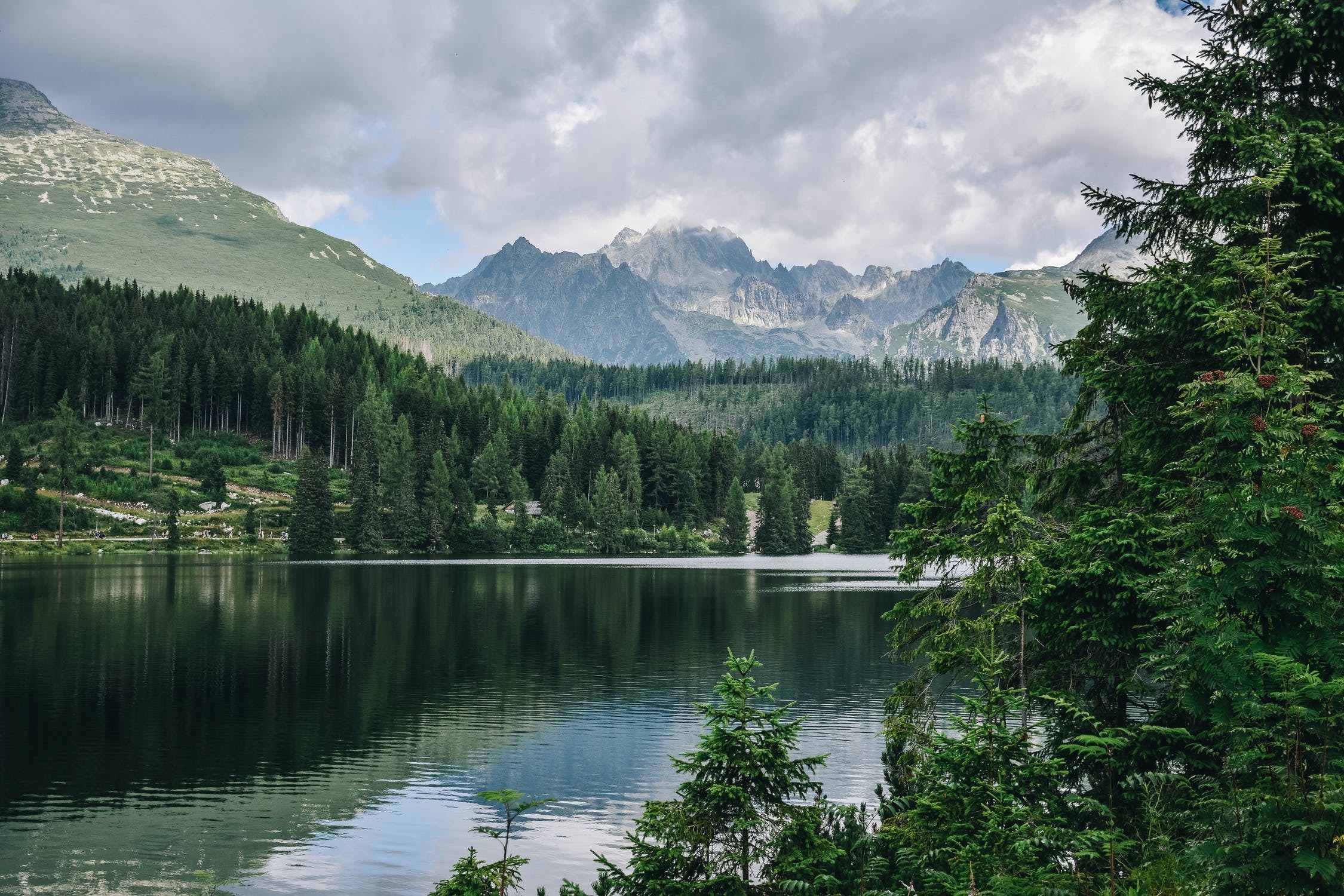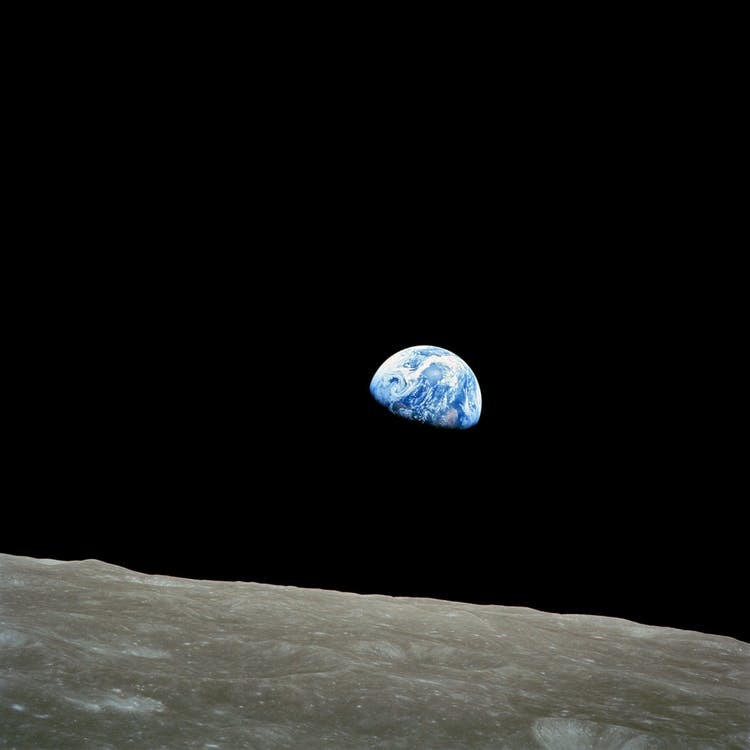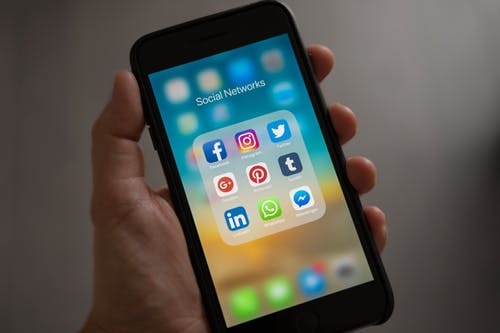
Aruna Ravi
"Let's work together to protect our environment! It is our responsibility to preserve our beautiful earth - the "pale blue dot", the only home we've ever known."
POINTS TOTAL
- 0 TODAY
- 0 THIS WEEK
- 1,313 TOTAL
participant impact
-
UP TO295minutesspent learning
-
UP TO60minutesspent outdoors
-
UP TO60disposable cupsnot sent to the landfill
-
UP TO2.0documentarieswatched
-
UP TO3.0lightbulbsreplaced
-
UP TO119meatless or vegan mealsconsumed
-
UP TO60plastic bottlesnot sent to the landfill
Aruna's actions
Food
Learn the Truth About Expiration Dates
I will spend at least 5 minutes learning how to differentiate between sell by, use by, and best by dates.
Forests
Explore My Area
I will explore at least one new hiking trail or nature walk in my area while following CDC guidelines for social distancing.
Wildlife
Research a Wild Animal
I will spend at least 30 minutes learning about a wild animal I find interesting, including their life cycle, habitat, ecosystem functions, and interactions with humans (if any!).
Wildlife
Research Benefits of Biodiversity
I will spend at least 30 minutes researching how biodiversity positively impacts our world and how the loss of biodiversity harms it.
Food
Reduce Animal Products
I will enjoy 2 meatless meal(s) and/or 2 vegan meal(s) each day of the challenge.
Wildlife
Use Reusable Bags
Plastic bags can be mistaken for food by many wild animals. If at all possible, I will not accept any disposable bags when making purchases, including produce bags.
Wildlife
Seek Alternative Gifts and Souvenirs
Bringing home unique souvenirs from trips you’ve enjoyed is meaningful, and giving people unique gifts from other places is fun. Seek souvenirs and gifts that support local communities and do not cause harm to the environment or wildlife.
Forests
Use a Reusable Mug
If possible, I will avoid sending 2 disposable cup(s) to the landfill each day by using a reusable mug.
Food
Watch a Documentary about Food Sovereignty
I will watch 1 documentary(ies) about food sovereignty: the right of local peoples to control their own food systems including markets, ecological resources, food cultures and production methods.
Wildlife
Leave No Trace
I will respect and protect biotic communities by practicing the seven principles of Leave No Trace when doing nature activities alone or with family and friends.
Wildlife
Support Pollinators
At least 30% of crops and 90% of flowering plants rely on pollinators, including monarch butterflies, to produce fruit. I will spend 10 minutes researching which plants support local native pollinators and plant some in my yard.
Fresh Water
Use a Reusable Water Bottle
I will use a reusable bottle and stop purchasing bottled water, saving 2 disposable plastic bottle(s) a day.
Oceans
Learn about Our Oceans
I will spend at least 30 minutes learning about how our oceans support life on Earth by producing oxygen, regulating climate, and providing habitat, food, and jobs.
Oceans
Smart Seafood Choices
I will visit seafoodwatch.org or download the app and commit to making better seafood choices for a healthier ocean.
Climate
Choose LED Bulbs
I will replace 3 incandescent lightbulb(s) with Energy Star-certified LED bulbs, saving up to $14 per fixture per year.
Participant Feed
-
REFLECTION QUESTIONFresh WaterUsing the links provided, investigate the bottling practices of water corporations. There have been many cases where the water rights of the local people have been violated or even completely disregarded when a corporation decides to bottle water from a particular water source. How can you advocate for those who have been harmed - both humans and wildlife - by this bottling process?
 Aruna Ravi 4/30/2020 9:33 PMWe can help advocate for those affected by a corporation’s reckless practices by SPEAKING UP. We need to join hands and work together to effectively curb negligence and irresponsible behavior. Fortunately, we have a powerful tool to enable this process – SOCIAL MEDIA. We need to share our concerns and ideas with other responsible citizens of this world and take collective action to ensure big corporations adhere to socially responsible practices, thereby protecting both humans and wildlife.
Aruna Ravi 4/30/2020 9:33 PMWe can help advocate for those affected by a corporation’s reckless practices by SPEAKING UP. We need to join hands and work together to effectively curb negligence and irresponsible behavior. Fortunately, we have a powerful tool to enable this process – SOCIAL MEDIA. We need to share our concerns and ideas with other responsible citizens of this world and take collective action to ensure big corporations adhere to socially responsible practices, thereby protecting both humans and wildlife.
-
REFLECTION QUESTIONWildlifeHow do your consumption choices affect the health of wildlife and other communities?
 Aruna Ravi 4/30/2020 9:04 PMOur consumption choices have a drastic impact on biodiversity and the environment. Research shows that about four-fifths of consumer impacts are not direct, like the fuel we burn when we drive our cars. Rather, they are secondary impacts or the environmental effects of actually producing the goods and products that we buy.A good example of this is water use - when we think about cutting our individual water use, we might think about using our dishwasher efficiently or taking shorter showers. Those aren't bad ideas, but we will find that much of the water use on the planet is gulped up by producing the things that we buy. Consider beef -it takes on average about 15,415 liters of water to produce one kilo of beef.
Aruna Ravi 4/30/2020 9:04 PMOur consumption choices have a drastic impact on biodiversity and the environment. Research shows that about four-fifths of consumer impacts are not direct, like the fuel we burn when we drive our cars. Rather, they are secondary impacts or the environmental effects of actually producing the goods and products that we buy.A good example of this is water use - when we think about cutting our individual water use, we might think about using our dishwasher efficiently or taking shorter showers. Those aren't bad ideas, but we will find that much of the water use on the planet is gulped up by producing the things that we buy. Consider beef -it takes on average about 15,415 liters of water to produce one kilo of beef.
Therefore, an easy way to cut our environmental impact is to stop eating meat and eat vegetarian or vegan.
-
REFLECTION QUESTIONForestsHow can spending more time outdoors enhance your sense of place?
 Aruna Ravi 4/30/2020 2:24 PMSpending more time outdoors helps us improve our physical and mental health. It relieves stress, improves clarity in thinking, and stimulates creativity. Our moods take a positive shift when we spend time outside. According to some studies, being outdoors also boosts our energy levels and strengthens our immune system. The great outdoors keeps us connected to the natural environment, betters overall well-being, and brings happiness.
Aruna Ravi 4/30/2020 2:24 PMSpending more time outdoors helps us improve our physical and mental health. It relieves stress, improves clarity in thinking, and stimulates creativity. Our moods take a positive shift when we spend time outside. According to some studies, being outdoors also boosts our energy levels and strengthens our immune system. The great outdoors keeps us connected to the natural environment, betters overall well-being, and brings happiness.
-
REFLECTION QUESTIONFoodHow does food sovereignty address the complex agrarian transition to modern food systems?
 Aruna Ravi 4/30/2020 12:22 PM
Aruna Ravi 4/30/2020 12:22 PM -
REFLECTION QUESTIONFoodHow does knowing the difference between use by, sell by, and best by dates empower you to make better decisions?
 Aruna Ravi 4/30/2020 12:06 PMThe “use-by” date is aimed at consumers as a directive of the date by which the product should be eaten; mostly because of quality, not because the item will necessarily make us sick if eaten after the use-by date. However, after the use-by date, product quality is likely to go down much faster and safety could be lessened. The “sell-by” date is aimed at retailers, and it informs them of the date by which the product should be sold or removed from shelf life. This does not mean that the product is unsafe to consume after the date. Typically, one-third of a product’s shelf-life remains after the sell-by date for the consumer to use at home. The “best-by” date is a suggestion to the consumer on which date the product should be consumed to assure for ideal quality.
Aruna Ravi 4/30/2020 12:06 PMThe “use-by” date is aimed at consumers as a directive of the date by which the product should be eaten; mostly because of quality, not because the item will necessarily make us sick if eaten after the use-by date. However, after the use-by date, product quality is likely to go down much faster and safety could be lessened. The “sell-by” date is aimed at retailers, and it informs them of the date by which the product should be sold or removed from shelf life. This does not mean that the product is unsafe to consume after the date. Typically, one-third of a product’s shelf-life remains after the sell-by date for the consumer to use at home. The “best-by” date is a suggestion to the consumer on which date the product should be consumed to assure for ideal quality.
Confusion over date labeling leads to billions of pounds of food waste every year. Knowing the difference between these labels can empower us to make better decisions and reduce food waste.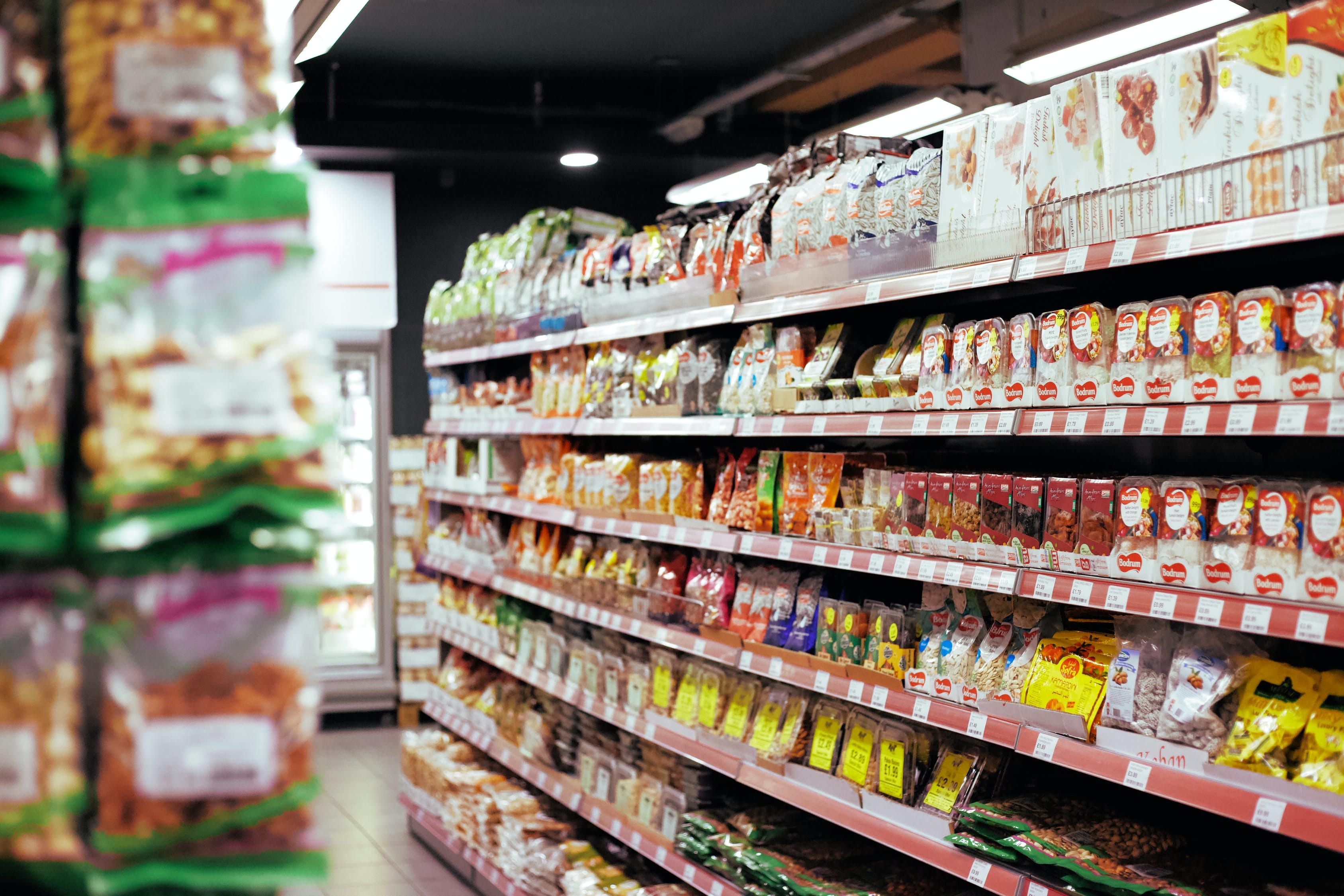
-
REFLECTION QUESTIONWildlifeEducator Stephanie Kaza advises her students to focus on what they care about most when addressing the enormity of ecological problems. Is there a specific area you feel particularly called to work on?
 Aruna Ravi 4/25/2020 7:51 PMI am quite concerned about the anthropogenic impact on the environment. Human activities such as overconsumption, overexploitation, pollution, and deforestation are causing damage to the environment on a global scale. Amongst these, I am particularly concerned with the environmental impact of meat production. The United Nations, states that "the livestock sector is a major stressor on many ecosystems and the planet as a whole. Globally it is one of the largest sources of greenhouse gases and one of the leading causal factors in the loss of biodiversity, and in developed and emerging countries it is perhaps the leading source of water pollution.”
Aruna Ravi 4/25/2020 7:51 PMI am quite concerned about the anthropogenic impact on the environment. Human activities such as overconsumption, overexploitation, pollution, and deforestation are causing damage to the environment on a global scale. Amongst these, I am particularly concerned with the environmental impact of meat production. The United Nations, states that "the livestock sector is a major stressor on many ecosystems and the planet as a whole. Globally it is one of the largest sources of greenhouse gases and one of the leading causal factors in the loss of biodiversity, and in developed and emerging countries it is perhaps the leading source of water pollution.”
-
 Aruna Ravi 4/24/2020 3:27 PMSharing a heartwarming moment... I started watching a video on supporting pollinator habitats today, and an adorable bee visited my balcony at that precise moment. Coincidence? :)
Aruna Ravi 4/24/2020 3:27 PMSharing a heartwarming moment... I started watching a video on supporting pollinator habitats today, and an adorable bee visited my balcony at that precise moment. Coincidence? :)
-
REFLECTION QUESTIONWildlifeWhy is it important to take care of pollinators?
 Aruna Ravi 4/24/2020 3:18 PMPollinators, especially bees, provide an essential, life-sustaining service to our environment. These animals and insects move pollen within the flower and from bloom to bloom. This is the first step in a process that produces seeds, fruits, and the next generation of plants. Without the actions of these hard-working and diverse species, our food supply, surrounding landscapes, and economies that rely on agriculture would be at great risk.
Aruna Ravi 4/24/2020 3:18 PMPollinators, especially bees, provide an essential, life-sustaining service to our environment. These animals and insects move pollen within the flower and from bloom to bloom. This is the first step in a process that produces seeds, fruits, and the next generation of plants. Without the actions of these hard-working and diverse species, our food supply, surrounding landscapes, and economies that rely on agriculture would be at great risk.
-
 Aruna Ravi 4/22/2020 2:08 PM
Aruna Ravi 4/22/2020 2:08 PM -
REFLECTION QUESTIONForestsMaybe you've heard how good it is to switch from a single use coffee cup to a reusable one, but it's just hard to make the switch. What stands in your way of making this a habit? By identifying the challenges, you can begin to work through them to have better success in taking this action. Knowing the difference you are making, how does it make you feel?
 Aruna Ravi 4/19/2020 4:21 PMSingle use cups are usually stocked right next to coffee / hydration stations in the break room. This makes them the "default" choice to most people that come over for a drink of coffee or water. Companies such as Lam Research are taking efforts by providing compostable paper cups instead of plastic cups. However, it is always better to bring our own reusable mugs or bottles so that we do not contribute to waste. Reduce, REUSE, Recycle for a better world!
Aruna Ravi 4/19/2020 4:21 PMSingle use cups are usually stocked right next to coffee / hydration stations in the break room. This makes them the "default" choice to most people that come over for a drink of coffee or water. Companies such as Lam Research are taking efforts by providing compostable paper cups instead of plastic cups. However, it is always better to bring our own reusable mugs or bottles so that we do not contribute to waste. Reduce, REUSE, Recycle for a better world!